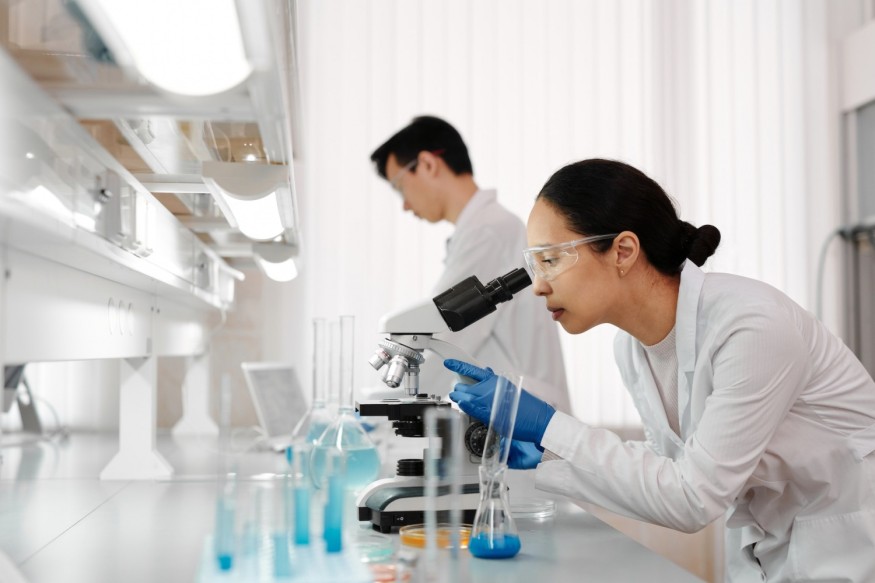
In the rapidly evolving world of biotechnology, the demand for cutting-edge research and development is higher than ever before. Biotech labs play a vital role in driving innovation, creating groundbreaking solutions, and shaping the future of healthcare, agriculture, and various industries. However, establishing and maintaining these laboratories comes with its own set of challenges. In this article, we will explore the need for biotech labs, the common obstacles faced in their creation, and the innovative solutions being implemented to overcome them.
The Crucial Need for Biotech Labs
Advancing Medical Breakthroughs:
Biotech labs serve as catalysts for medical advancements by facilitating research on diseases, developing new drugs, and enabling personalized medicine. These labs provide a controlled environment where scientists can conduct experiments, analyze data, and collaborate with experts to unravel the mysteries of life.
Revolutionizing Agriculture:
As the global population continues to grow, biotech labs are essential for enhancing crop productivity, developing genetically modified organisms (GMOs), and creating sustainable farming practices. These labs enable scientists to optimize plant characteristics, improve disease resistance, and develop innovative solutions to address food security challenges.
Shaping Industrial Innovations:
Biotech labs have significant implications for industrial sectors, such as biofuel production, waste management, and biomaterials. By harnessing the power of biotechnology, these labs enable the development of eco-friendly processes and sustainable alternatives to traditional manufacturing practices.
Common Obstacles in Establishing Biotech Labs
Cost and Infrastructure:
Creating a biotech lab requires substantial financial investments to procure state-of-the-art equipment, maintain suitable infrastructure, and hire skilled personnel. This financial barrier can deter many organizations, especially startups and academic institutions, from establishing their own labs.
Regulatory Compliance:
Biotech labs must adhere to stringent regulations and biosafety guidelines to ensure the safety of researchers, protect the environment, and prevent accidental release of genetically modified organisms. Navigating these complex regulatory frameworks can be challenging and time-consuming, often causing delays in lab establishment.
Talent Acquisition and Retention:
Biotech labs require highly skilled researchers, technicians, and scientists with expertise in various disciplines. Attracting and retaining such talent can be a hurdle due to intense competition, limited funding for salaries, and the need for continuous professional development opportunities.
Innovative Solutions and Strategies
Collaborative Partnerships:
To overcome financial constraints, organizations can form strategic partnerships with universities, government agencies, and private entities. By pooling resources, sharing infrastructure, and collaborating on research projects, the burden of establishing and maintaining a biotech lab can be significantly reduced.
Shared Lab Spaces:
Shared lab spaces, incubators, and accelerators provide cost-effective alternatives for startups and small enterprises. These facilities offer access to essential equipment, mentorship, and a collaborative environment, fostering innovation and reducing the financial burden on individual organizations.
Government Support and Grants:
Governments can play a pivotal role in promoting biotech innovation by offering grants, tax incentives, and funding programs specifically targeted at biotech labs. These initiatives encourage investment, support research, and incentivize talent acquisition and retention.
Training and Education Programs:
To address the talent shortage, establishing training and education programs that focus on biotechnology is crucial. Collaborations between academia and industry can facilitate internships, scholarships, and skill development initiatives, ensuring a pipeline of qualified professionals for biotech labs.
Leasing Lab Equipment:
Biotech and life sciences laboratory equipment is a necessary yet expensive investment. As most of these establishments are operating with limited funds, leasing equipment is an effective alternative. It reduces the initial upfront costs, minimizes equipment downtime, and expedites administrative processes.
Biotech labs are at the forefront of scientific and technological advancements, driving innovation and shaping the future across multiple sectors. While establishing these labs presents various obstacles, the industry is actively working towards innovative solutions and strategies to overcome them. Through collaborative partnerships, shared lab spaces, government support, leasing equipment, and investment in training and education, the barriers to establishing biotech labs are being addressed. As we continue to unlock the potential of biotechnology, these labs will play a pivotal role in revolutionizing healthcare, agriculture, and industrial practices.
© 2025 ScienceTimes.com All rights reserved. Do not reproduce without permission. The window to the world of Science Times.












